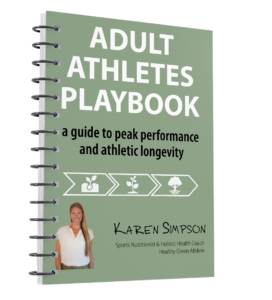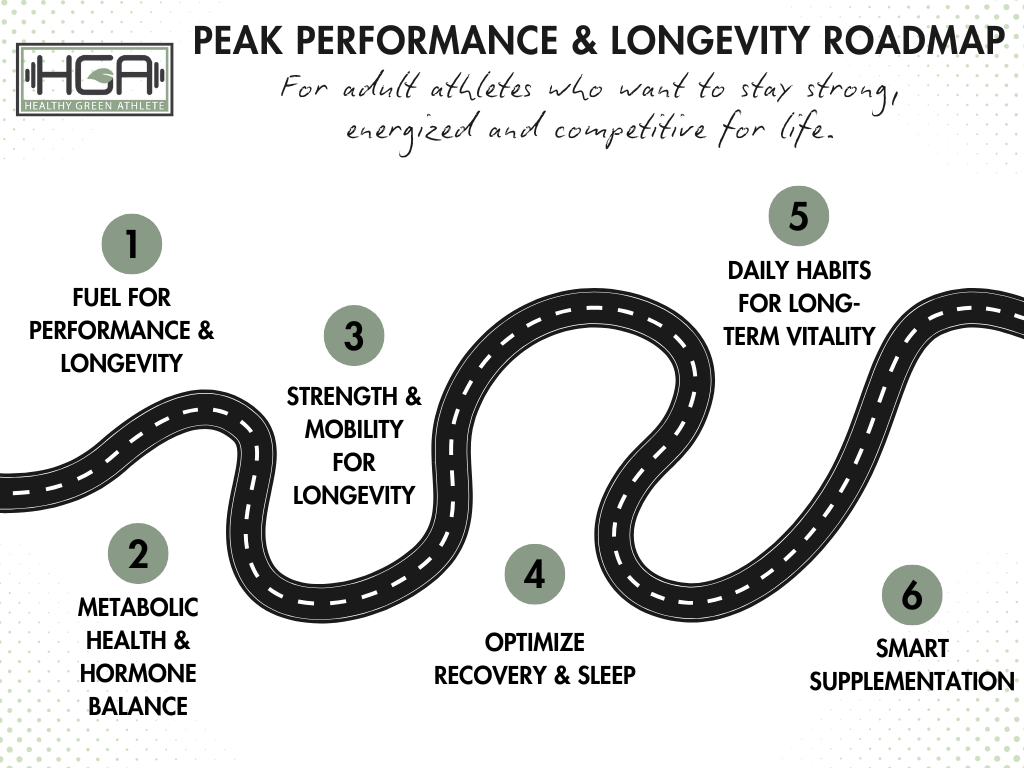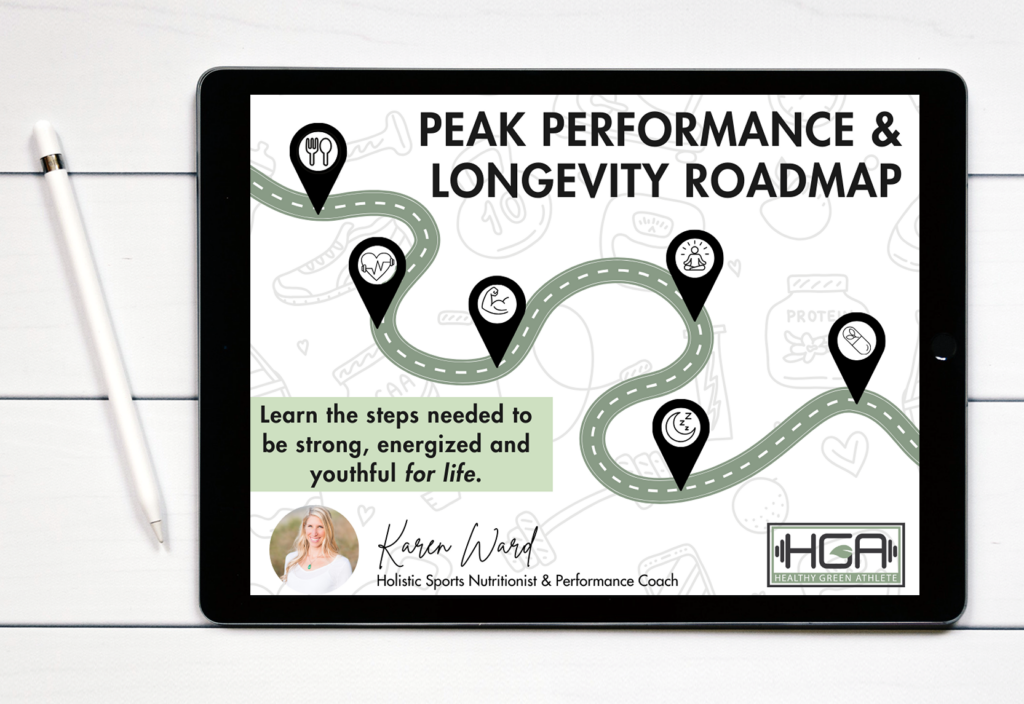As of this year (2024), it’s estimated that 3 in 4 Americans consume coffee every day and 36% of them drink 3-5 cups daily. The majority of people make coffee at home most of the time, but 51% of people purchase it from a coffee shop at least once a week. Not surprisingly, among the most likely to purchase coffee are new parents and college students.
Coffee is consumed black, with additives such as cream and sugar, or used as ingredients in other things. It’s an ingredient in dry rubs and marinades for meats, and used to make popular treats such as expresso martinis, ice cream and tiramisu.
America's history of coffee
Coffee is a nature-based beverage that has become a cornerstone of American culture. Coffeehouse began popping up in the mid-1600’s, and since then have been popular places to socialize and conduct business. Coffee consumption increased significantly in 1773 when Americans dumped tea into the Boston Harbor as a protest to taxes on tea. Coffee, which was not taxed, became a popular alternative to tea during the Revolutionary War.
In the 19th century, coffee became a staple in the American diet as settlers moved westward and relied heavily on Cowboy coffee. This drink was make by boiling coffee grounds over an open fire. It was also a vital part of soldier’s rations during the Civil War in the 1860s. Then in the late 19th century, innovators began pre-roasting coffee and selling the beans in paper bags. This made it more accessible to the average American household and caused the coffee industry to boom.
It’s popularity increased again during the prohibition era when alcohol was banned from 1920 to 1933. During this time, coffeehouses and diners became alternative gathering places to cocktail lounges and saloons.
By the 1950s, the US economy boomed which led to a big surge in diners and coffeeshops. A decade or two later, a specialty coffee movement began which emphasized higher-quality beans, artisinal roasting methods and gourmet coffee drinks. While not the first coffee shop by any means, Starbucks which was founded in 1971 in Seattle and marked the beginning of a new era in American coffee culture.
Coffee is not just a beverage in America. It’s has been transformed into a lifestyle and spurred innovations in coffee-related technology. These innovations include at-home coffee makers with featured such as automatic brew, single serve, and even bluetooth enabled.
The benefits of drinking coffee
Coffee contains certain bioactive compounds (or phytonutrients) that contribute to observed health benefits. These compounds include antioxidants and polyphenols which can protect the body against certain diseases. According to scientific research, coffee offers a range of additional potential benefits. These include:
1.) Improved cognition. A review by Nehlig (2016) found that caffeine in coffee can enhance cognitive function, including improved attention, alertness, and reaction times.
2.) Anti-oxidant properties. Coffee is a major source of antioxidants in the diet. Antioxidants in coffee, such as chlorogenic acids, help combat oxidative stress and inflammation (Daglia, 2012) .
3.) Enhanced physical performance. Caffeine increases adrenaline levels, improving physical performance by mobilizing fatty acids from fat tissues and making them available for energy use (Grgic et al., 2019).
4.) Reduced risk of Type 2 diabetes. A meta-analysis by Ding et al. (2014) found that higher coffee consumption is associated with a significantly lower risk of type 2 diabetes.
5.) Lower risk of Parkinson’s disease. Research has shown that caffeine intake is associated with a reduced risk of Parkinson’s disease. A study by Ascherio et al. (2001) found that men who consumed the most caffeine had a lower risk of developing Parkinson’s disease.
6.) Reduced risk of Alzheimer’s disease and dementia. Some studies suggest that regular coffee consumption is associated with a reduced risk of Alzheimer’s disease and dementia. A review by Santos et al. (2010) indicated that caffeine may have neuroprotective effects that reduce the risk of cognitive decline.
7.) Liver health. Coffee consumption has been linked to a lower risk of liver diseases, including liver cirrhosis and liver cancer. A study by Bravi et al. (2017) found that coffee consumption reduces the risk of liver cancer.
8.) Mood improvement. Caffeine in coffee can have mild antidepressant effects by increasing the production of neurotransmitters such as serotonin, dopamine, and noradrenaline. Lucas et al. (2011) found that coffee consumption was associated with a lower risk of depression in women.
9.) Weight management. Caffeine can increase metabolic rate and promote fat burning, which may aid in weight management. A study by Dulloo et al. (1989) showed that caffeine increases energy expenditure and fat oxidation.
10.) Lower risk of certain cancers. Some research indicates that coffee drinkers have a lower risk of certain types of cancer, such as colorectal and liver cancer. A meta-analysis by Arab et al. (2013) suggested that coffee consumption may reduce the risk of colorectal cancer.
11.) Heart health. Moderate coffee consumption is associated with a reduced risk of heart disease and stroke. A study by Kokubo et al. (2013) found that higher coffee consumption was linked to a lower risk of cardiovascular disease.
12.) Longevity.Some observational studies suggest that coffee drinkers tend to live longer. A study by Loftfield et al. (2018) found that coffee consumption was associated with a lower risk of death from various causes.
The downsides of drinking coffee
While coffee offers numerous health benefits, excessive consumption or certain individual conditions can make it harmful. According to a survey of 1300 people across the U.S. in 2024, here are the main reasons why many people reduce their caffeine consumption:
- reduce dependency on caffeine (54%)
- sleep better at night (46%)
- reduce anxiety (35%)
- lose weight (30%)
- lower blood pressure (26%)
- save money (20%)
- planning to be are are pregnant (5%)
And here are some situations when coffee might be bad for your health:
- Insomnia and sleep disorders
Caffeine can significantly disrupt sleep patterns, reduce total sleep time, and alter the stages of sleep. A study by Drake et al. (2013) found that caffeine consumption even six hours before bedtime can reduce sleep by more than one hour (Drake, et al., 2013).
- Anxiety and nervousness
High caffeine intake can exacerbate anxiety disorders by stimulating the central nervous system and increasing the production of stress hormones such as cortisol and adrenaline. This heightened state of arousal can lead to symptoms such as nervousness, restlessness, and palpitations, which are particularly problematic for individuals with anxiety disorders. The stimulating effects of caffeine can mimic and intensify the symptoms of anxiety, potentially leading to panic attacks in sensitive individuals.
A study by Lara (2010) highlights that caffeine can significantly increase anxiety levels, especially in those predisposed to anxiety disorders, underscoring the need for moderation or avoidance of caffeine in these populations.
- Digestive issues
Coffee can cause gastrointestinal issues, including acid reflux and heartburn. A study by Boekema et al. (1999) showed that coffee can increase gastroesophageal reflux, especially in individuals with GERD.
- Heart implications
High caffeine consumption can lead to an increased heart rate and elevated blood pressure. Individuals with heart conditions should limit caffeine intake because it can exacerbate cardiovascular issues by increasing heart rate, blood pressure, and triggering irregular heart rhythms.
Caffeine is a stimulant that can cause a temporary spike in blood pressure, posing risks for those with hypertension or other heart diseases. Additionally, it can provoke arrhythmias or palpitations, which may be dangerous for people with pre-existing heart conditions. A meta-analysis by Mesas et al. (2011) found that caffeine consumption is associated with a modest increase in blood pressure, particularly in hypertensive individuals, highlighting the importance of cautious caffeine consumption in those with cardiovascular concerns.
- Dependence and withdrawal
Regular caffeine consumption can lead to dependence and withdrawal symptoms. Juliano and Griffiths (2004) described caffeine withdrawal symptoms such as headache, fatigue, and irritability in habitual coffee drinkers (Juliano & Griffiths, 2004).
- Negative impacts to bone health
High caffeine intake can negatively impact bone health by interfering with calcium absorption and increasing calcium excretion through urine. This reduced calcium availability can weaken bones over time, potentially increasing the risk of osteoporosis and fractures, particularly in populations already at risk, such as postmenopausal women.
A study by Hallström et al. (2006) demonstrated that high caffeine consumption is associated with a modest increase in the risk of osteoporotic fractures, highlighting the importance of moderation in caffeine intake for maintaining bone health (Hallström, et al., 2006).
- Risks during pregnancy
High caffeine intake during pregnancy is linked to an increased risk of low birth weight and preterm birth. A systematic review by Greenwood et al. (2014) concluded that higher caffeine consumption is associated with adverse pregnancy outcomes (Greenwood, et al., 2014).
- Interactions with medications
Caffeine can interact with certain medications, affecting their efficacy and safety. A study by Nehlig and Debry (1994) highlighted how caffeine interacts with various medications, potentially leading to adverse effects (Nehlig & Debry, 1994).
- Progression of glaucoma
High caffeine intake can negatively impact individuals with glaucoma by increasing intraocular pressure (IOP), which is a significant risk factor for the progression of the disease. Caffeine has been shown to transiently elevate IOP, potentially worsening the condition and accelerating vision loss in glaucoma patients. The mechanism involves caffeine-induced vasoconstriction and increased aqueous humor production in the eye.
A study by Higginbotham et al. (1989) demonstrated that caffeine consumption could lead to a significant rise in intraocular pressure, underlining the necessity for glaucoma patients to monitor and potentially limit their caffeine intake to prevent exacerbation of their condition.
Consider what you put in your coffee
The scientific studies associated with the benefits listed above are all based on consumption of black coffee without anything added to it. The American coffee scene often includes gourmet drinks with the addition of high-calorie and pro-inflammatory ingredients such as cream, sugar and/or artificial sweeteners.
Adding large amounts of sugar, cream, or flavored syrups to coffee can contribute to weight gain, increased blood sugar levels, and other metabolic issues.
Some artificial sweeteners used in low-calorie coffee beverages may increase the risk of certain health issues such as stroke, cancer and heart disease.
There are certain superfood ingredients and alternatives that can boost the nutritional value of plain coffee when added. I choose to add coconut milk as my non-dairy (i.e. anti-inflammatory) healthy fat and a source of high-quality protein. I prefer unflavored collagen peptides and chocolate grass-fed beef protein powder. Then I boost my nutrition even more with a scoop of this mushroom powder. My favorite way to start my day is with my Gut Healing Mocha Latte (you can find the recipe here). I recently swapped out my black coffee with this caffeine-free herbal alternative and the end result tastes exactly the same.
So, is coffee good or bad for me?
I know you probably came here to find a concreate answer to this question but in reality the answer is: it depends. It depends on your current health status, your sensitivity to caffeine, what you put in your coffee, and how much you consume on a daily basis. Moderation is key to enjoying the benefits of coffee without the negative effects. The general recommendation is to limit caffeine intake to about 400 milligrams per day, equivalent to about four 8-ounce cups of brewed coffee. However, individual tolerance can vary widely, so it’s important to pay attention to how your body responds to coffee and adjust your intake accordingly.
And while I do agree with the research and believe that coffee itself isn’t unhealthy for the average person, I think there are much healthier options. To read about my favorite coffee alternatives, check out this post.
References
- Nehlig, A. (2016). Effects of coffee/caffeine on brain health and disease: What should I tell my patients? Practical Neurology, 16(2), 89-95.
- Daglia, M. (2012). Polyphenols as antimicrobial agents. Current Opinion in Biotechnology, 23(2), 174-181.
- Grgic, J., et al. (2019). Wake up and smell the coffee: Caffeine supplementation and exercise performance—An umbrella review of 21 published meta-analyses. British Journal of Sports Medicine, 54(11), 681-688.
- Ding, M., et al. (2014). Long-term coffee consumption and risk of cardiovascular disease: A systematic review and a dose-response meta-analysis of prospective cohort studies. Circulation, 129(6), 643-659.
- Ascherio, A., et al. (2001). Prospective study of caffeine consumption and risk of Parkinson’s disease in men and women. Annals of Neurology, 50(1), 56-63.
- Santos, C., et al. (2010). Caffeine intake and dementia: Systematic review and meta-analysis. Journal of Alzheimer’s Disease, 20(S1), S187-S204.
- Bravi, F., et al. (2017). Coffee reduces the risk of hepatocellular carcinoma: An updated meta-analysis. Clinical Gastroenterology and Hepatology, 15(5), 793-805.
- Lucas, M., et al. (2011). Coffee, caffeine, and risk of depression among women. Archives of Internal Medicine, 171(17), 1571-1578.
- Dulloo, A. G., et al. (1989). Normal caffeine consumption: Influence on thermogenesis and daily energy expenditure in lean and postobese human volunteers. The American Journal of Clinical Nutrition, 49(1), 44-50.
- Arab, L., et al. (2013). Coffee consumption and the risk of colorectal cancer. European Journal of Epidemiology, 28(2), 151-158.
- Kokubo, Y., et al. (2013). Impact of green tea and coffee consumption on the reduced risk of stroke incidence in Japanese: A population-based cohort study. Stroke, 44(5), 1369-1374.
- Loftfield, E., et al. (2018). Association of coffee drinking with mortality by genetic variation in caffeine metabolism: Findings from the UK Biobank. JAMA Internal Medicine, 178(8), 1086-1097.
- Drake, C., Roehrs, T., Shambroom, J., & Roth, T. (2013). Caffeine effects on sleep taken 0, 3, or 6 hours before going to bed. Journal of Clinical Sleep Medicine, 9(11), 1195-1200.
- Lara, D. R. (2010). Caffeine, mental health, and psychiatric disorders. Journal of Alzheimer’s Disease, 20(S1), S239-S248.
- Boekema, P. J., Samsom, M., van Berge Henegouwen, G. P., & Smout, A. J. (1999). Coffee and gastrointestinal function: Facts and fiction. Scandinavian Journal of Gastroenterology, 34(2), 230-236.
- Mesas, A. E., Leon-Muñoz, L. M., Rodriguez-Artalejo, F., & Lopez-Garcia, E. (2011). The effect of coffee on blood pressure and cardiovascular disease in hypertensive individuals: A systematic review and meta-analysis. American Journal of Clinical Nutrition, 94(4), 1113-1126.
- Hallström, H., Byberg, L., Glynn, A., Lemming, E. W., Wolk, A., Michaëlsson, K., & Bergström, L. (2006). Coffee consumption and risk of fracture in the Cohort of Swedish Men (COSM). European Journal of Epidemiology, 21(4), 385-391.
- Greenwood, D. C., Thatcher, N. J., Ye, J., Garrard, L., Keogh, G., King, L. G., … & Cade, J. E. (2014). Caffeine intake during pregnancy and adverse birth outcomes: A systematic review and dose-response meta-analysis. European Journal of Epidemiology, 29(10), 725-734.
- Juliano, L. M., & Griffiths, R. R. (2004). A critical review of caffeine withdrawal: Empirical validation of symptoms and signs, incidence, severity, and associated features. Psychopharmacology, 176(1), 1-29.
- Nehlig, A., & Debry, G. (1994). Potential genotoxic, mutagenic and antimutagenic effects of coffee: A review. Mutation Research, 317(2), 145-162.
- Higginbotham, E. J., Kilimanjaro, H. A., Wilensky, J. T., & Gieser, D. K. (1989). The effect of caffeine on intraocular pressure in glaucoma patients. Ophthalmology, 96(5), 624-626.














2 Comments
Pingback:
Pingback: